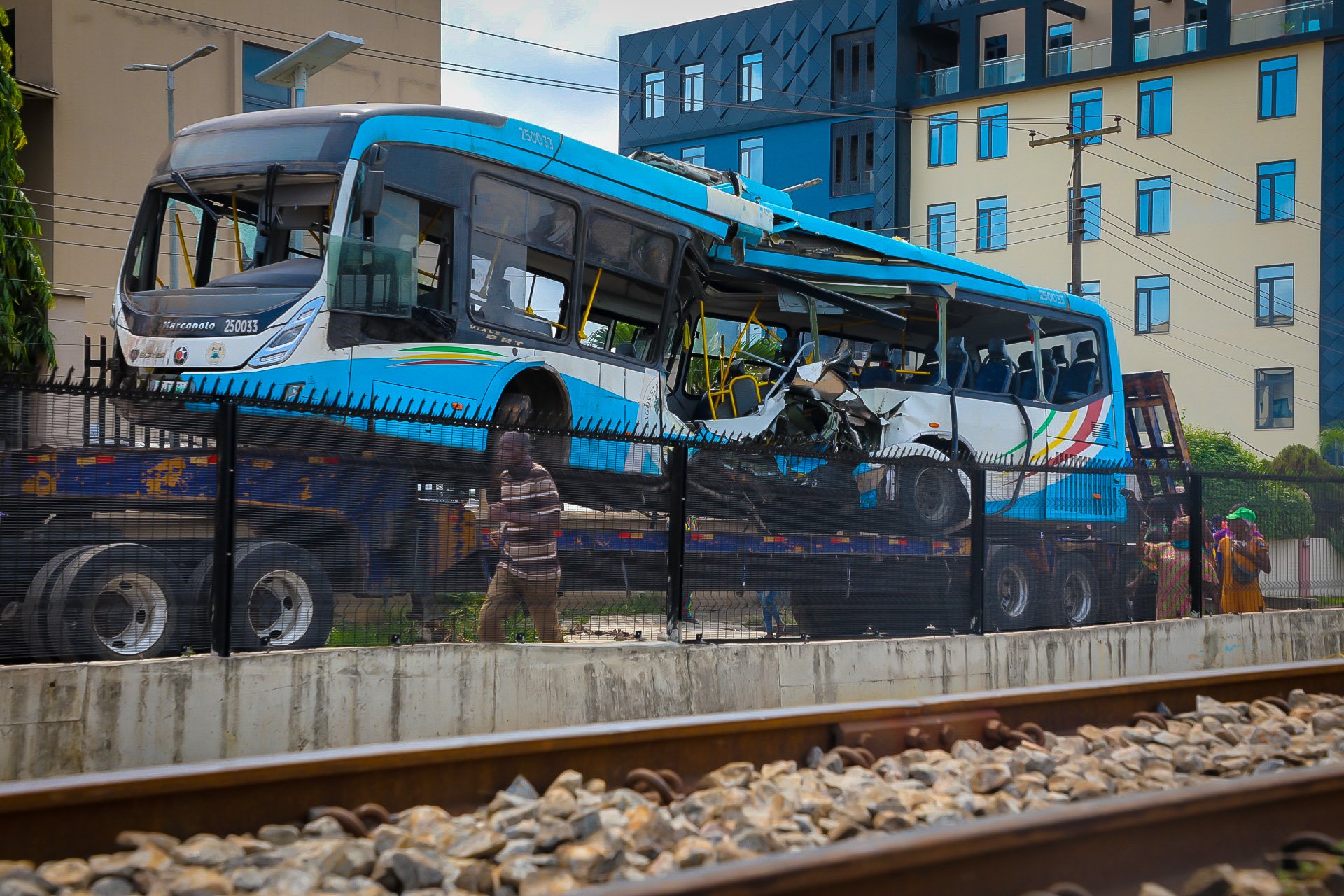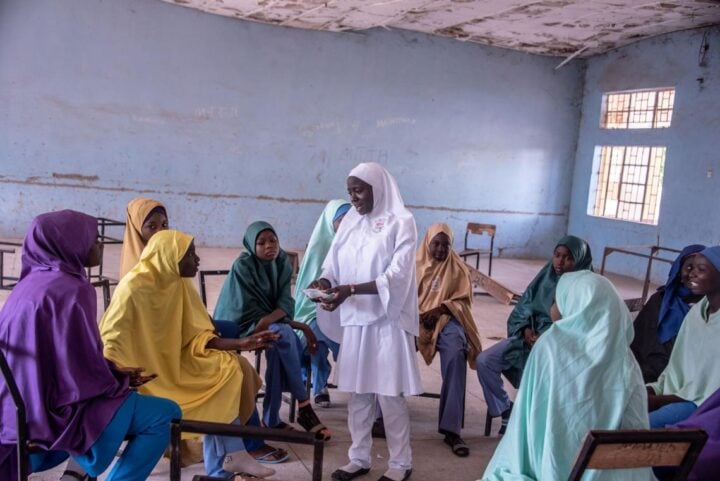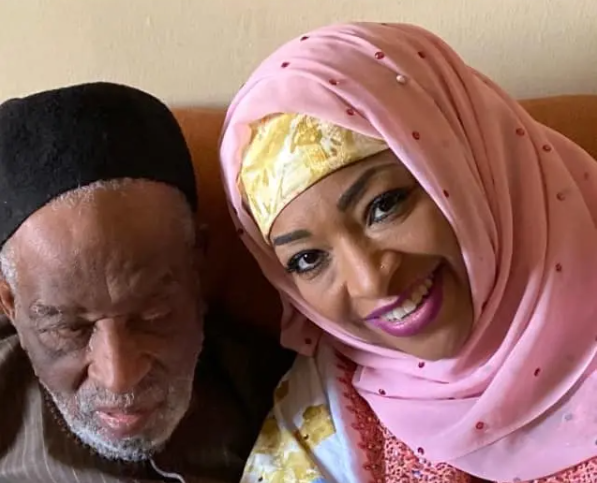Thursday, March 9, 2023, was a sad day in Lagos. As early as 7:45am there was a breaking news which shook many Lagosians to their marrow, especially families of Lagos state staff members. The tragic incident of a train colliding with a government-owned bus that had Lagos state staff members going to the office was announced. The incident, which happened around PWD bus stop saw many of the passengers feared dead while some sustained various levels of injuries, was an avoidable ghastly train accident. This incident happened less than 24 hours after the Akere market fire outbreak.
The train and bus accident involved a Bus Rapid Transit (BRT) loaded with Lagos state government staff members and a commercial train belonging to Nigeria Railway corporation. The BRT driver was said to be crossing the rail on its way through to Ikeja GRA to link the Lagos state Secretariat when the collision happened. “Investigation gathered revealed that the immediate cause of the incident was due to reckless driving on the part of the BRT bus driver while trying to beat the train traffic signal before the moving train rammed into the BRT bus,” said Dr Oluwafemi Oke-Osanyintolu, Permanent Secretary of Lagos State Emergency Management Authority (LASEMA).
Up till this morning, about six people had been confirmed died among the 85 passengers in the BRT bus while many are still critically wounded.
Official rhetoric and real concern for the governed
Advertisement
As would be expected, the Lagos state government among other government agencies had started making official statements commiserating with families of the deceased as well as sending out appeals for blood donation. In some social media posts, many officials of Lagos state had been sending e-candle lights as a form of expressing their condolences to families of departed colleagues as well as those who are injured.
One thing that one needs to note is that officials of LASEMA and other emergency agencies were there as soon as possible but one wonders how much could they have done in saving lives if they had all the infrastructure required and can work at the speed of light as we have usually seen in rescue efforts by advanced country?
The minister of aviation, Hadi Sirika, through his special assistant of public affairs, James Odaudu, has also directed the Nigerian Safety Investigation Bureau experts to commence an immediate investigation into the accident. The minister described the accident as “unfortunate, and assured the public of the capacity of the Nigeria Safety Investigation Bureau (NSIB) to unravel the immediate and remote causes of the accident and proffer ways of preventing such in the future”.
Advertisement
On his part, the minister of transportation, Mu’azu Sambo, aside from his condolence message which sympathised with victims of the Ikeja accident involving the Lagos staff bus also ordered an immediate investigation of the cause of the accident. Sambo in his directive said, “I ordered an immediate and full investigation into the unfortunate incident involving a Nigerian Railway Corporation passenger train and a Lagos State Government staff bus that was conveying workers to their offices in the Shogunle area of Lagos State”. This directive is believed to be enforced as the Nigerian Railway Police command is confirmed to have effectively taken over the investigation into the incident.
While we await the real cause of the train/bus accident that happened yesterday, going by the LASEMA permanent secretary’s position on the cause, will the accident and loss of life been prevented if all precautions had been taken?
What if there is a mandatory psychological test/fit for all the drivers that are driving most public and government cars, buses etc and there is a constant briefing that it is not appropriate to take chances with the lives of the passengers in their care? What if the driver is checked every morning to check the psychological fit of the driver to drive that very day especially given the myriads of challenges many go through today in Nigeria
What if there had been a traffic light at that intersection where buses and cars are crossing the rail along the Ikeja axis or there is a barricade installed to block cars, buses from crossing the rail as soon as a train is in sight as the case used to be in the early days of the introduction of the rail system in Nigeria?
Beyond condolence messages and setting up investigation committees, governments, its agencies and passengers must become active stakeholders in motoring and transportation in a metropolitan city like Lagos if we must prevent needless loss of lives in Nigeria.
Advertisement
‘Political appearances’ in a sad event
As we know, the governorship and house of assembly elections across Nigeria are around the corner. This election which should have been held this Saturday had been postponed by a week due to Independent National Electoral Commission’s(INEC) need to back up its information. As expected Governor Babajide Sanwo-Olu of Lagos state visited the injured, some of whom are in Lagos State University Teaching Hospital(LASUTH) in Ikeja and in Gbagada General Hospital as reported.
Governor Babajide Sanwo-Olu, who visited the hospital, said “two persons died at the scene of the accident and four at the hospital”. Sanwo-Olu gave the figure of passengers in the bus when he said “85 passengers were involved in all, 42 with moderate injuries, 29 with serious injuries while eight have mild injuries”.
Other two leading governorship aspirants: The Labour Party (LP)’s Gbadebo Rhodes-Vivour known as GRV and Peoples Democratic Party (PDP)’s Olajide Adediran aka Jandor had also visited the injured victims at the hospital.
While it is expedient to show care to people one aspires to govern, many incidents in the state in the past couple of months which warranted such visits had been ignored due to what some of them considered as busy schedules.
Advertisement
In all, can we stop needless causalities by taking preventive measures instead of reactionary measures? Fatal train accidents had occurred in the past in Nigeria the latest being in December 2022 when a train from Kaduna crushed a middle age woman in Kubwa Abuja.
Advertisement
Views expressed by contributors are strictly personal and not of TheCable.
Add a comment







